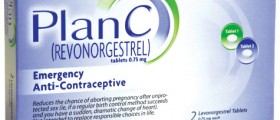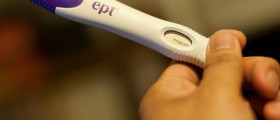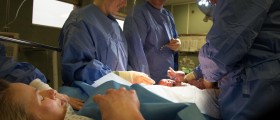
Emergency contraception is also known as postcoital contraception and it is a mean of preventing pregnancy after having unprotected sex. Types of Emergency Contraception
There are several different types of emergency contraception.
The first option are pills known as morning-after pills. Such drugs contain specific hormones (depending on the pill) and the effects can be achieved only if the pill is taken within 72 hours after having unprotected sex. The doctor will recommend the pill a person is supposed to take according to the time that passed after the unprotected sex.
Another way of proper emergency protection is a uterine device inserted as a means of long-term contraception. It can also prevent pregnancy after unprotected sex. In order to be used as a means of emergency contraception the particular device needs to be inserted less than 5 days after unprotected sex.
And finally, women may also benefit from a combination of birth control pills. Normally, birth control pill contains an optimal level of hormones progesterone and estrogen which, if necessary, can be used for the purpose of emergency contraception. A woman is supposed to take one dose of a birth control pill combination within a period of 5 days after having unprotected sex. The second dose is taken 12 hours after the first dose.
It is best if a woman consults her doctor who will recommend the best form of emergency contraception.
How Does Emergency Contraception Work and what Are Precautions?
Emergency contraception acts differently depending on the part of the menstrual cycle. It can prevent or delay ovulation, block fertilization or keep a fertilized egg from implanting in the uterus.
It is essential to pay attention to the type of emergency contraception and general health of the woman since certain types of emergency contraception are not suitable for all patients. Namely, women with vaginal bleeding should not use certain types of emergency contraception while others are not suitable if a woman has uterine abnormalities or suffers from pelvic infection or pelvic inflammatory disease. It is, therefore, essential to examine the patient and get familiar with all the conditions she may currently be suffering from. The pelvic exam is also a must prior to opting for emergency contraception. It is also essential to check for allergies. In majority of cases pills used for emergency contraception do not cause any side effects but women must be familiar with side effects that may eventually develop and should report such side effects (if they occur) to her physician.

















Your thoughts on this
Loading...